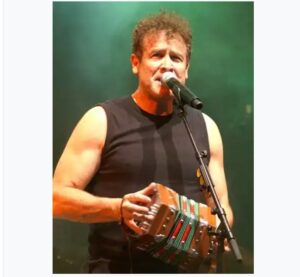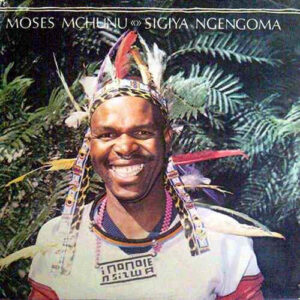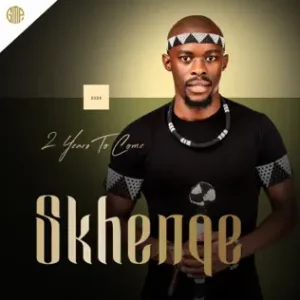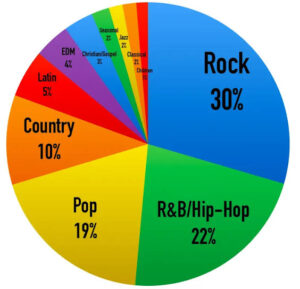
Johnny Clegg was a South African musician, dancer, and anthropologist who became an iconic figure in South African music. He was known for his fusion of Western pop and African Zulu rhythms, as well as his powerful lyrics that spoke out against apartheid and explored themes of love, unity, and social justice.
Clegg’s music, often performed with his band Savuka, gained popularity both within South Africa and internationally. Some of his most iconic songs include “Scatterlings of Africa,” “Asimbonanga,” and “Dela.” His energetic and captivating stage performances, characterized by his unique Zulu dance moves, also contributed to his iconic status.
Not only was Clegg an influential musician, but he was also an activist, using his platform to raise awareness about the injustices of apartheid. He collaborated with other notable South African musicians like Ladysmith Black Mambazo and Sipho Mchunu, and his music became an anthem of resistance during a time of political turmoil.
Clegg’s contribution to South African music and his efforts towards social change made him an iconic figure both in South Africa and around the world. Despite his passing in 2019, his music and impact continue to inspire and resonate with people from all walks of life.
Role in Maskandi Music
Clegg’s iconic role in maskandi music can be attributed to several factors:
1. Cultural Fusion: Clegg was one of the first white artists to embrace and collaborate with traditional Zulu musicians. By merging Western and African music, he helped bridge cultural divides and promote African music to a wider audience.
2. Political Activism: Clegg’s music often carried powerful political messages, addressing social injustice and apartheid in South Africa. He used maskandi music as a platform to advocate for equality and change, becoming an influential voice during a tumultuous time in South African history.
3. International Recognition: Clegg’s music gained significant international recognition, particularly during the 1980s and 1990s. His hit songs, such as “Scatterlings of Africa” and “Asimbonanga,” brought maskandi music to global audiences and showcased its beauty and depth.
4. Live Performances: Clegg’s high-energy live performances, often accompanied by his Zulu dancers and musicians, were renowned for their infectious energy and mesmerizing stage presence. He showcased the vibrant spirit of maskandi music and left a lasting impression on all those who witnessed his shows.
Overall, Clegg’s iconic role in maskandi music lies in his ability to blend diverse cultural elements, his unwavering activism, and his global impact, making him a legendary figure in the genre.





